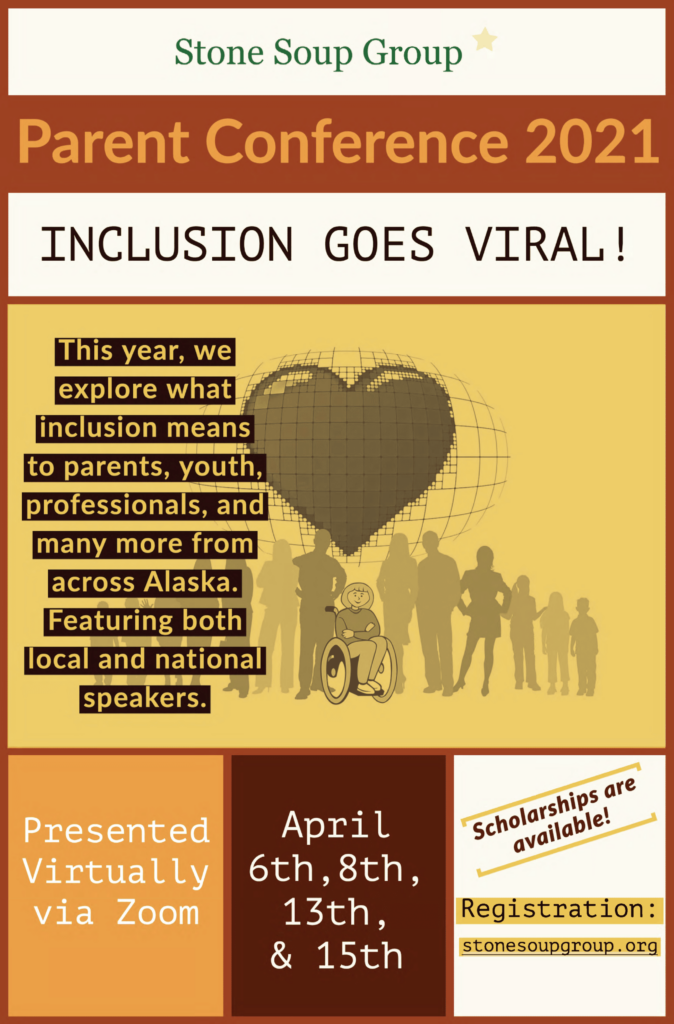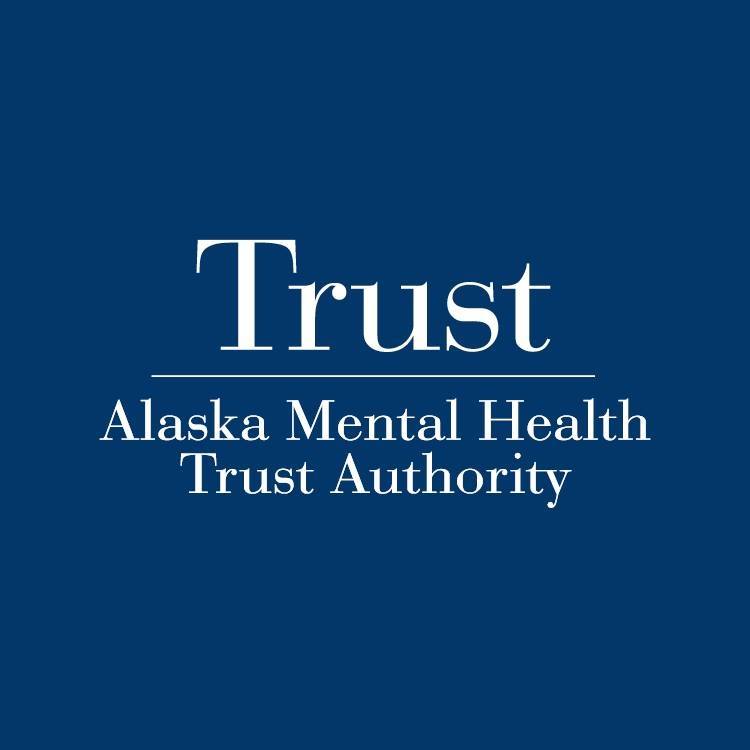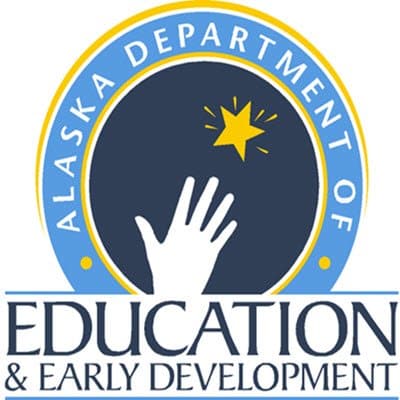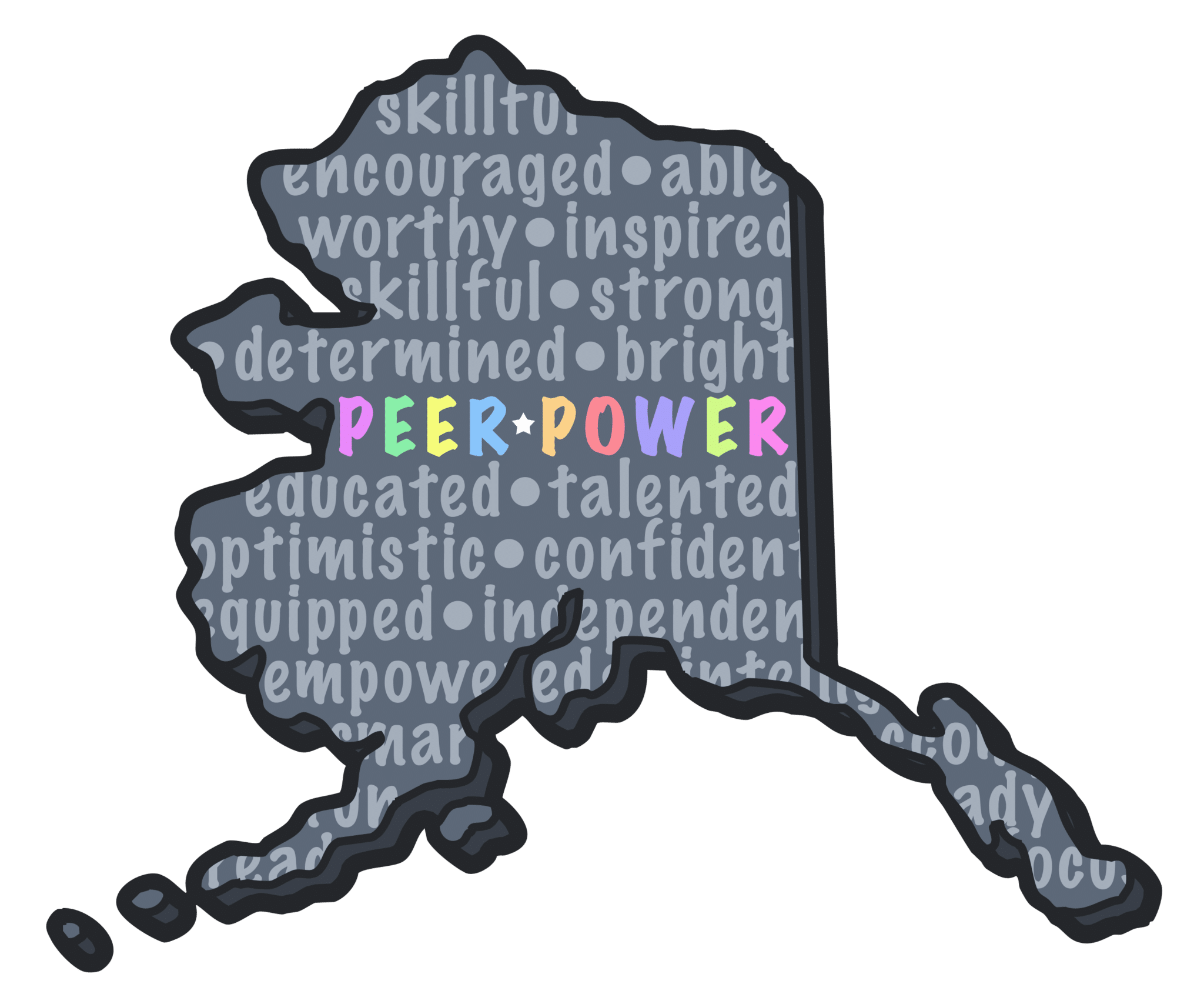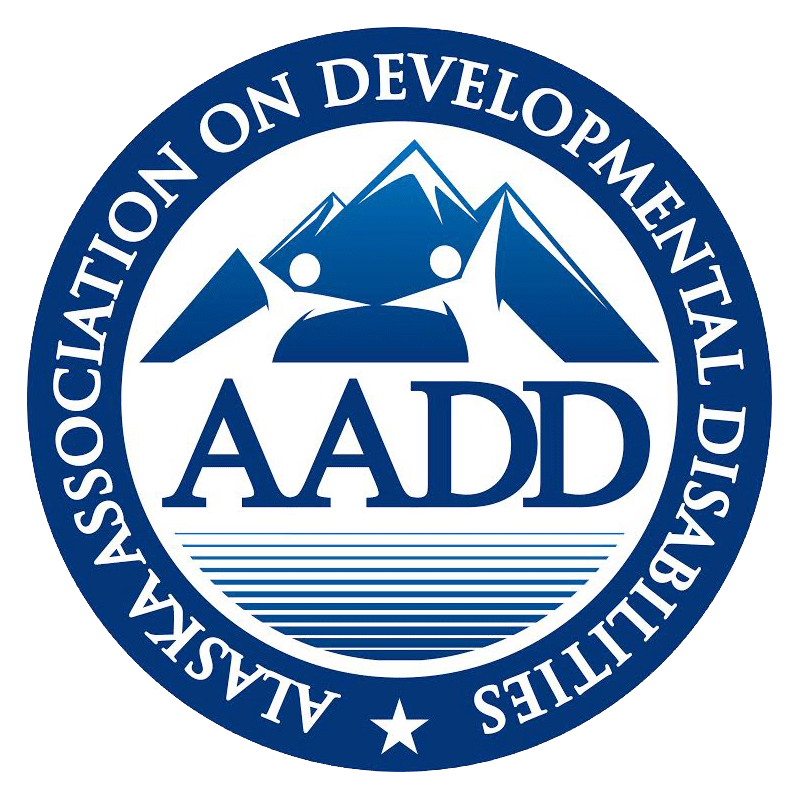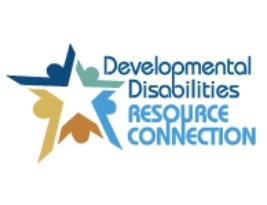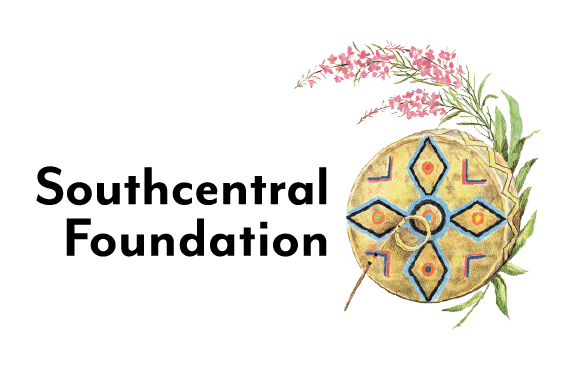Inclusion Goes Viral
Emily Holl – Siblings: Concerns, Opportunities, and Effective Support Strategies for Parents and Providers
Throughout their lives, siblings share many of the same concerns as parents of children with disabilities, as well as issues that are uniquely theirs. Siblings typically experience these issues for longer than any other family member, as the sibling relationship can easily exceed 65 years. Because of the important role siblings play in the lives of their brothers and sisters with special needs and families, siblings and their concerns deserve our consideration. Supporting siblings can contribute to lasting positive outcomes for children with disabilities and their entire families. Join us to explore siblings’ concerns, opportunities, and effective support strategies for parents and providers.
Emily Holl – Sibling Stories: A Panel of Adult Siblings Reflect on Growing Up with a Brother/Sister with Special Needs
The most powerful way to learn about sibling experiences is to hear directly from the true experts: siblings, themselves! A follow-up to the sibling overview session presented earlier in the day, this engaging discussion will present the insights and perspectives of adult siblings and shed light on how we can better understand and support the sibs in our lives.
Rain Van Den Berg – Beyond the Label: Tips for Effective Communication with Individuals with Disabilities
This session will give you useful tips for communicating or working with people who experience many kinds of disabilities. This will be a safe space to ask questions and discuss how to best role model for others appropriate ways to respond to, interact with, and support individuals with disabilities.
Haley Moss – With Autism; With a Job: The Case for Neurodiversity in the Workplace
Adults on the autism spectrum face the highest unemployment rate amongst all people with disabilities. Having autism on the job has unique strengths and challenges from the application process and potential accommodations to the daily routine of having a job. This session aims to explore topics encouraging and supporting neurodiversity at work, including why businesses should be hiring people on the spectrum, issues surrounding disclosure of a diagnosis, and ensuring a workplace is accessible. The session will also incorporate personal perspective as Haley is an openly autistic attorney.
LEARNING OBJECTIVES:
- To understand the value of neurodiversity in the workplace
- To offer practical advice regarding common issues and barriers in the job seeking process, including disclosure
- To provide suggestions and ideas for employers, families, self-advocates and encourage communication to ensure successful employment
Beth Nordlund – Anchorage Park Foundation – Inclusion in Play: Anchorage is leading the nation in inclusive play
An inclusive playground removes barriers. It considers not just physical access, but also emotional, social, and psychological benefits of play. It encompasses the philosophy that children and adults of all abilities benefit from being able to play and interact together. Anchorage’s Inclusive Play Work Group is a made up of stakeholders working to improve play opportunities for children, families, and individuals with mobility issues or other special needs. It brings together the Municipality of Anchorage Parks and Recreation Department, people with disabilities, government agencies, non-profit organizations, Senior centers, health organizations, businesses and neighborhoods to work to provide equity, access, and inclusive features to parks and trails. Anchorage Park Foundation partnered with Stone Soup Group to make a series of videos to highlight how inclusive play impacts Anchorage families. We will watch one video and discuss the physical and emotional benefits of spending time outside, and the opportunities for learning through play.
Chelsea Hull – Inclusion in the Military
What qualifies a population as at-risk? The average military child moves between 6-8 times between Kindergarten and High School and represents less than 1% of the population. For those Active Duty families raising a child with a special need, they must re-establish the medical and educational homes with each move while balancing life amongst deployments or geographical separations. With approximately 2/3 of military families reported as living off-base (Blue Star Families, 2020), military children are becoming more immersed into neighborhood public schools across the country, but are they receiving the support they require? Mrs. Hull will share her personal experience becoming enrolled in the military’s Exceptional Family Member Programs (EFMP) and explain how you can help the military families you serve, feel embraced and included. Tips for parents and professionals will be addressed.
Dan Redfield – Inclusion in the Community
Dan is a parent to a child with disabilities and director of a program that helps families with special needs adventure. His daughter Ava is a four year old that is blind and paralyzed. She requires a feeding pump and suction machine at all times. This situation has presented both obstacles and opportunities. Join Dan in this case study as he shares his experience helping his daughter and the families he serves experience adventures outside.
ATLA – Assistive Technology of Alaska: Assistive Technology to Support Inclusive Education
Various types of technology offer necessary supports for students in order to access and succeed in the education environment. Join us to explore ways that tablet devices can be used to support the inclusion of students with disabilities in an inclusive classroom or to reduce isolation. ATLA will share ways to use tablet devices to support students with disabilities in the areas of communication, academics, organization and social emotional skills to support their conclusion in mainstream or virtual classrooms are addressed. Lastly, barriers to using tablets to support students with disabilities in an inclusive classroom are described and suggestions to remove these barriers.
